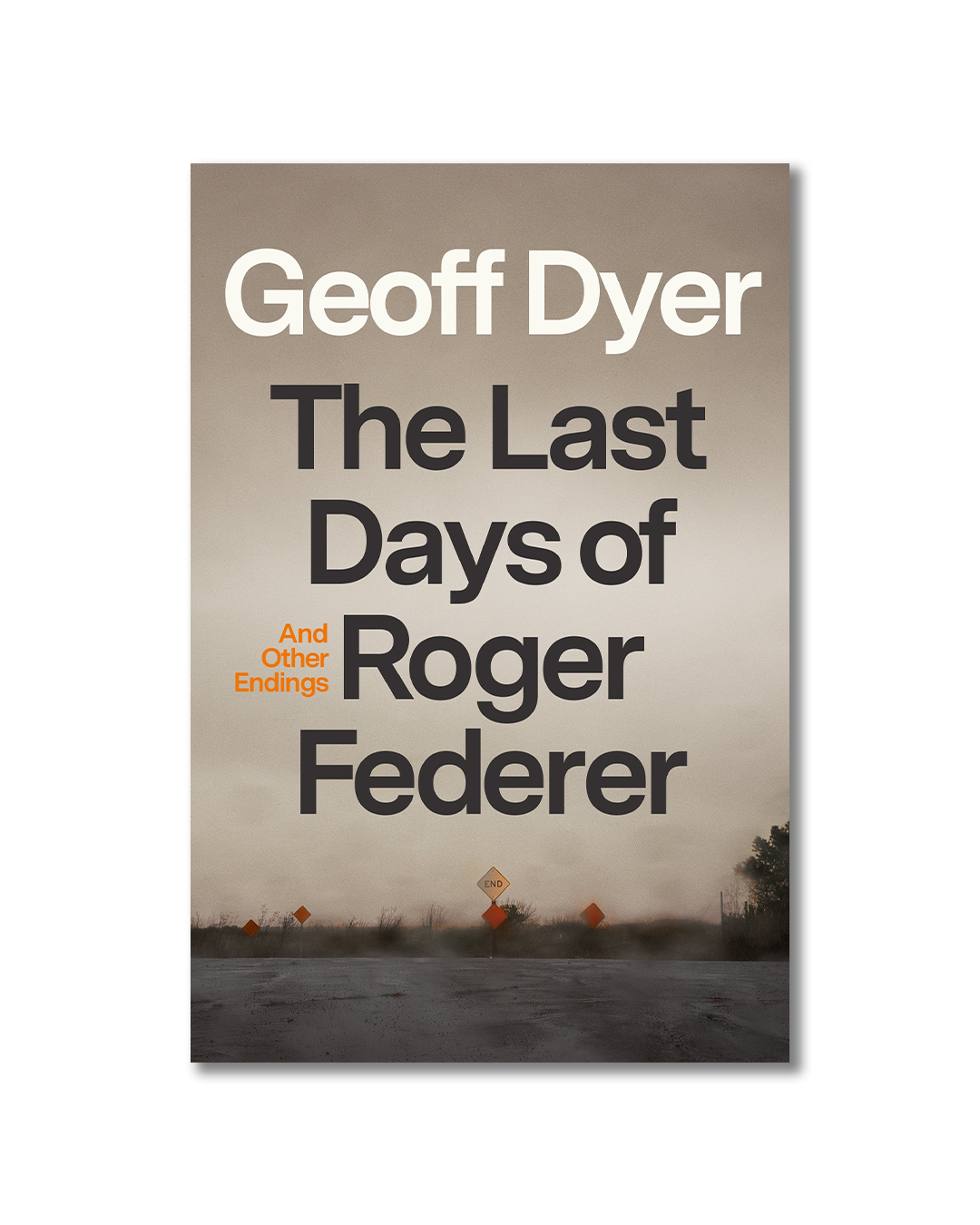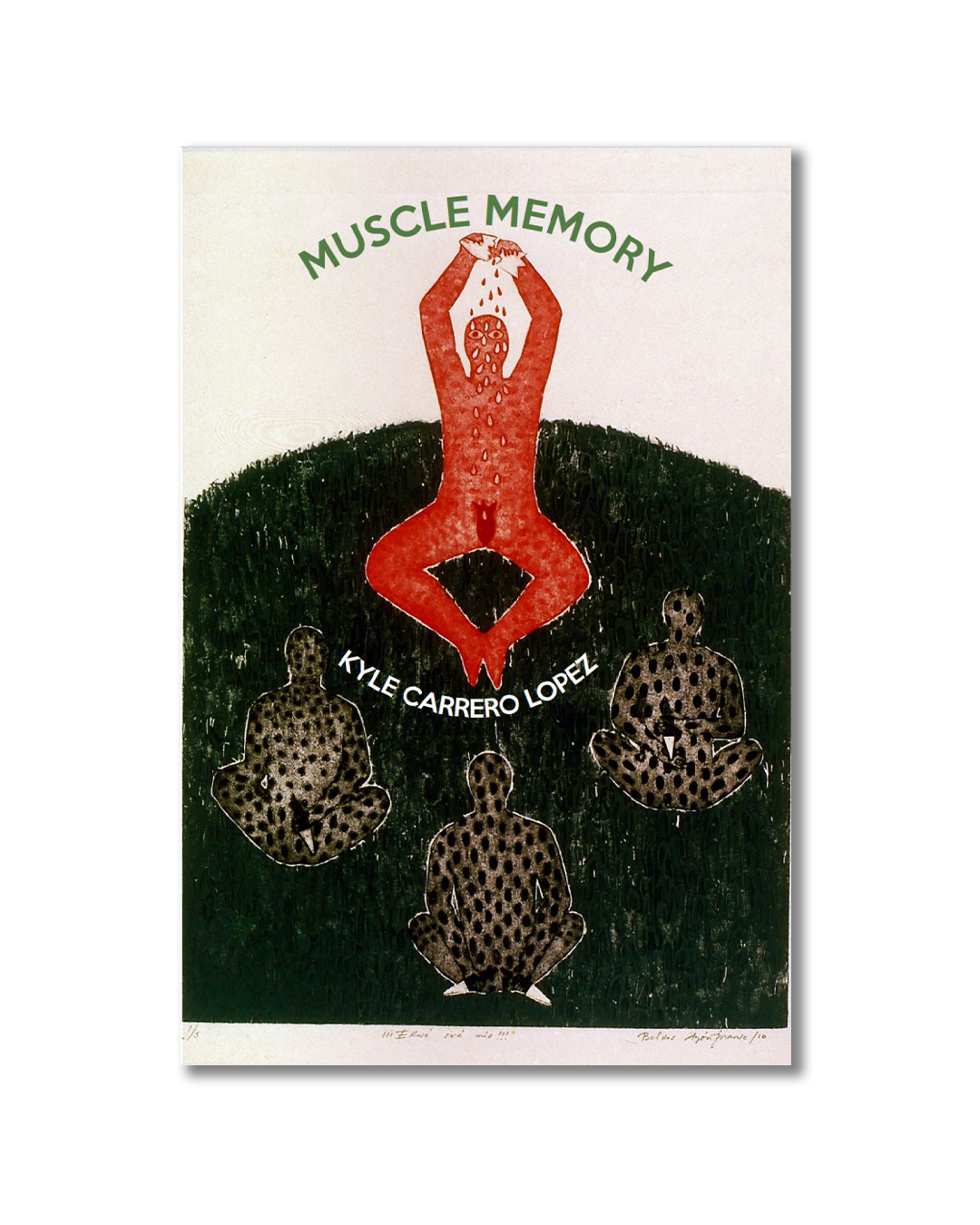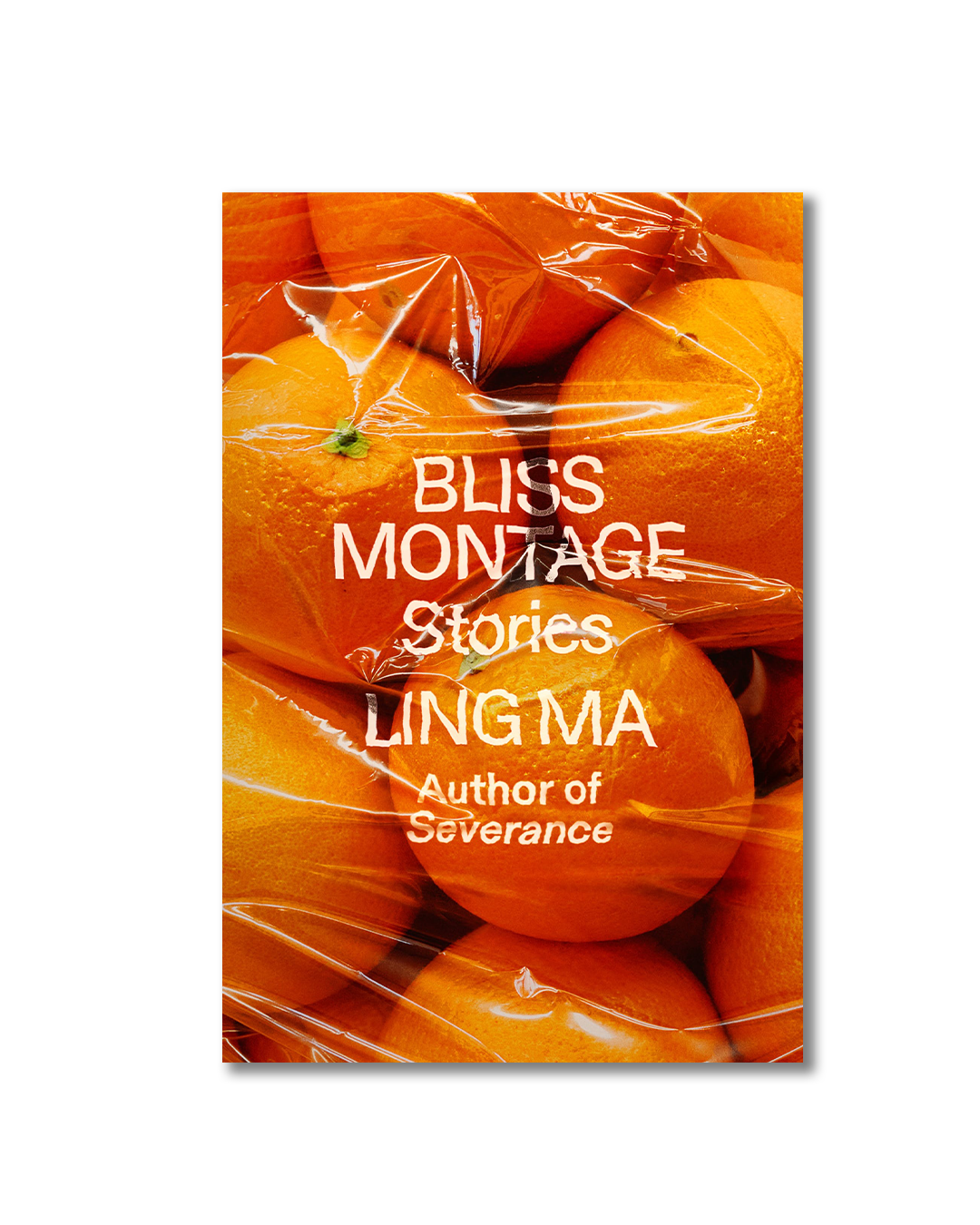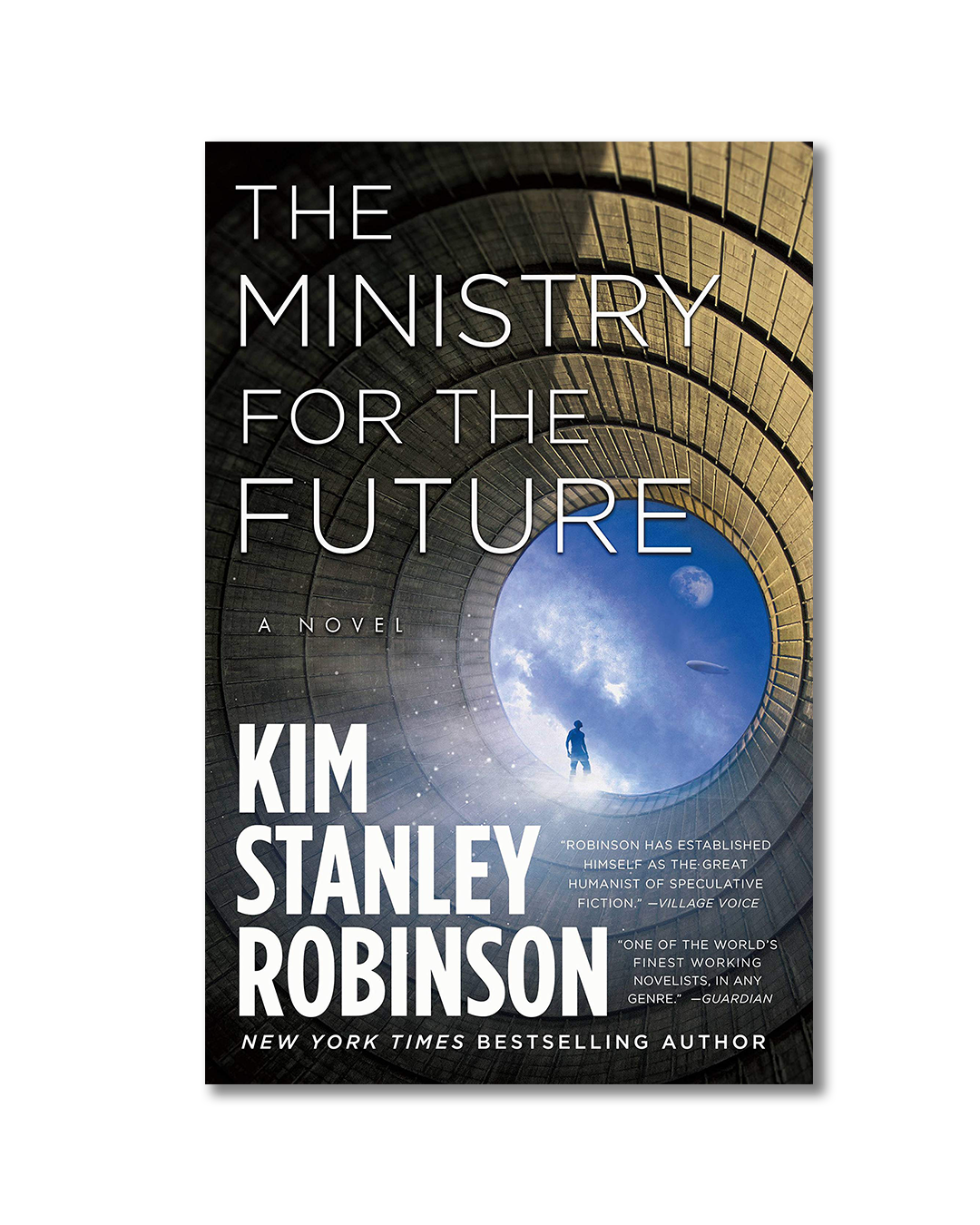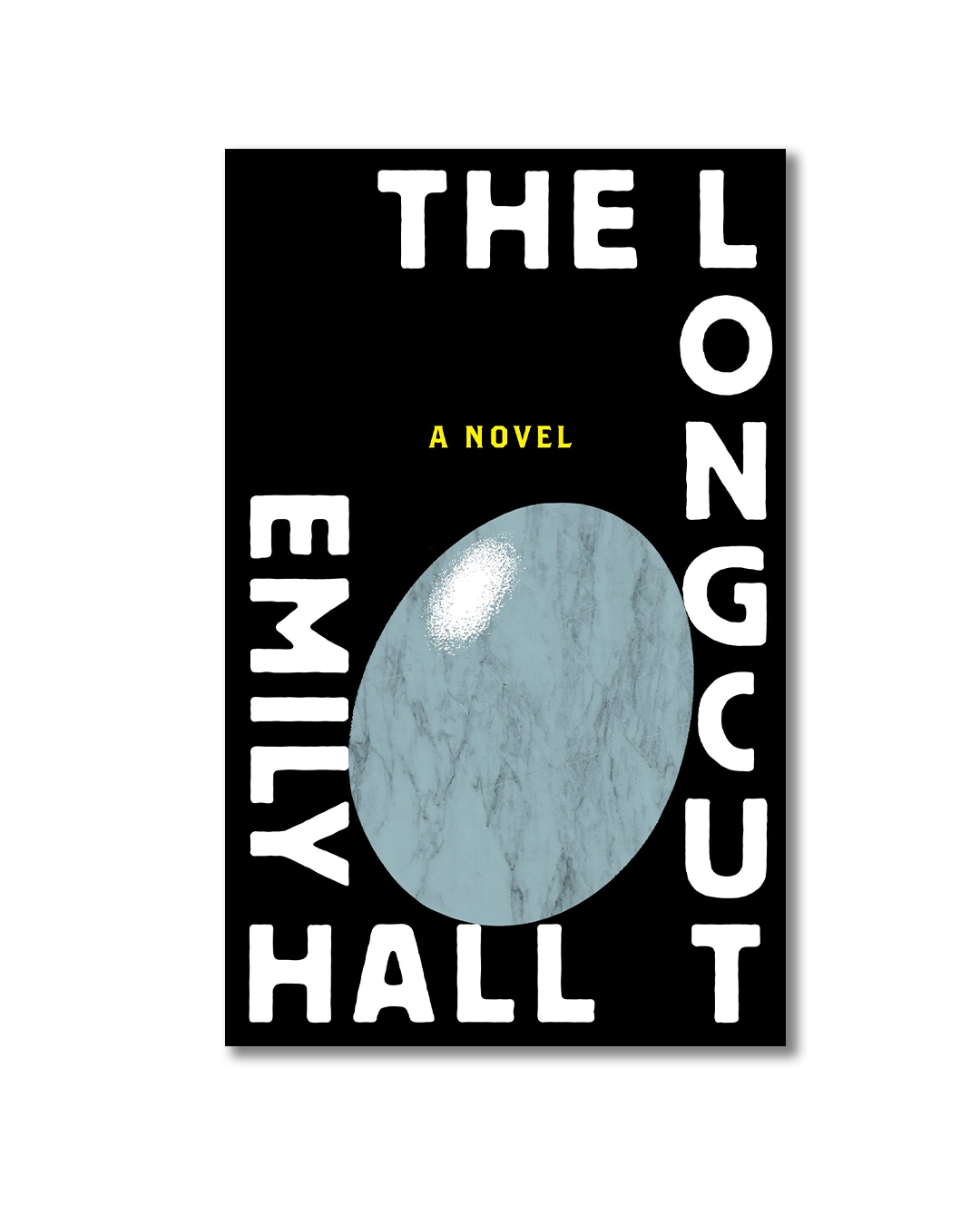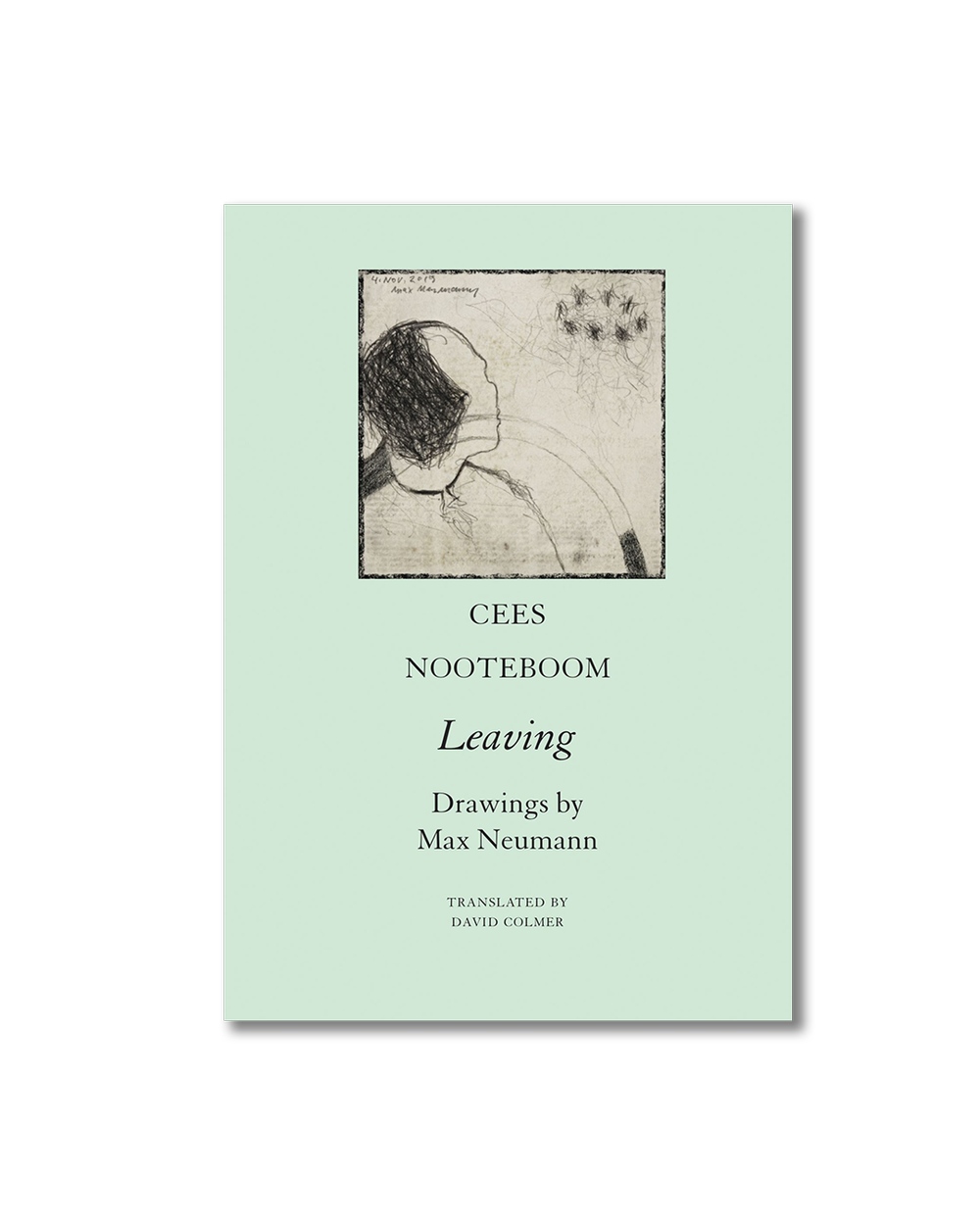Interrupting the Monologue: On Nicholas Stump's "Remaking Appalachia"
A sacrifice zone is a wasted place, or a place deemed worth wasting.
Childhood Reclaimed: On Hilary Mantel’s "Learning to Talk"
You remember a fragment of childhood horror. You’re on the day camp bus, and your seatmate decides to punch you, hard, in the thigh.
Ways of Ending: On Geoff Dyer's "The Last Days of Roger Federer"
Early departures, surprise comebacks, protracted witherings, late holdings-on: all different ways of ending things.
Banned in Belarus: On Alhierd Baharevich's "Dogs of Europe"
Baharevich’s creation is mostly known, if at all, to anglophone audiences through its play-adaptation, which is quite a shame.
The Notion of Distance: On Shangyang Fang's "Burying the Mountain"
“It’s Fang’s struggle to give form to his own unsettledness that imbues his poems with their relentless pathos, sensuality, and elegance.”
Departing from the Standard Solo: On Brenda Miller and Julie Marie Wade’s “Telephone”
This book, then, is a challenge to the status quo, and its lyrical diptychs prove the collaborative enterprise to be a success.
The Rough Edges of Identity: On Kyle Carrero Lopez's "Muscle Memory"
Sometimes the interesting stuff happens at the edges, where categories bump and scrape against each other.
Kaleidoscopic Structures: On Ling Ma's "Bliss Montage"
Ma takes these mundane episodes and turns them into dreamscapes of subtly fractured logic and absurd literalism.
Fiction of Our Climate: On Kim Stanley Robinson's "The Ministry for the Future"
Because inequality threatens stability only in certain political systems, and because people can’t agree on morality, inequality by default becomes considered an economic rather than a political or moral problem.
Amor Fati: On Selina Mahmood's "A Pandemic in Residence"
As an Emergency Medicine resident working in NYC’s ERs, for me, fear is no longer the dominant emotion that COVID provokes.
Meaning at All: On Emily Hall's "The Longcut"
The resilience needed to seek instead of believe, an author imbibing the world and the self openly, this is what impresses most in Hall’s debut.
A Light Artist
The ambulatory novel—positioned as it is between the flaneurial and the loco-descriptive—is generally a solitary affair.
The Best Pieces from Different Skeletons
Of the five million people who walk through the doors of the American Museum of Natural History each year (pre-pandemic figure), few probably give much thought to Kansas.
Excavating Memories: On Suzanne Roberts’ “Animal Bodies”
“The essay is a transgression,” begins Suzanne Roberts’s collection of personal essays, Animal Bodies.
People, Power, Property: On Henri Lefebvre’s “On the Rural”
Agronomists study the quality of soil: its water retention, mineral and nutrient content, the presence or absence of chemicals.
Minding the Mindless: On Jordan Castro's "The Novelist"
In the early days of the COVID-19 pandemic, Twitter was very excited to share that, under his own quarantine during the bubonic plague, Shakespeare wrote King Lear.
"Next stop Armageddon": On Cees Nooteboom's "Leaving"
The English edition of Leaving: A Poem from the Time of the Virus, originally published in Dutch, is a collaboration between the poet Cees Nooteboom, the translator David Colmer, and the visual artist Max Neuman.
To Articulate that Confusion: On Brad Listi's "Be Brief and Tell Them Everything"
Brad Listi’s novel about a guy named Brad Listi writing a novel opens with a confession: “This book took twelve years to write.”



